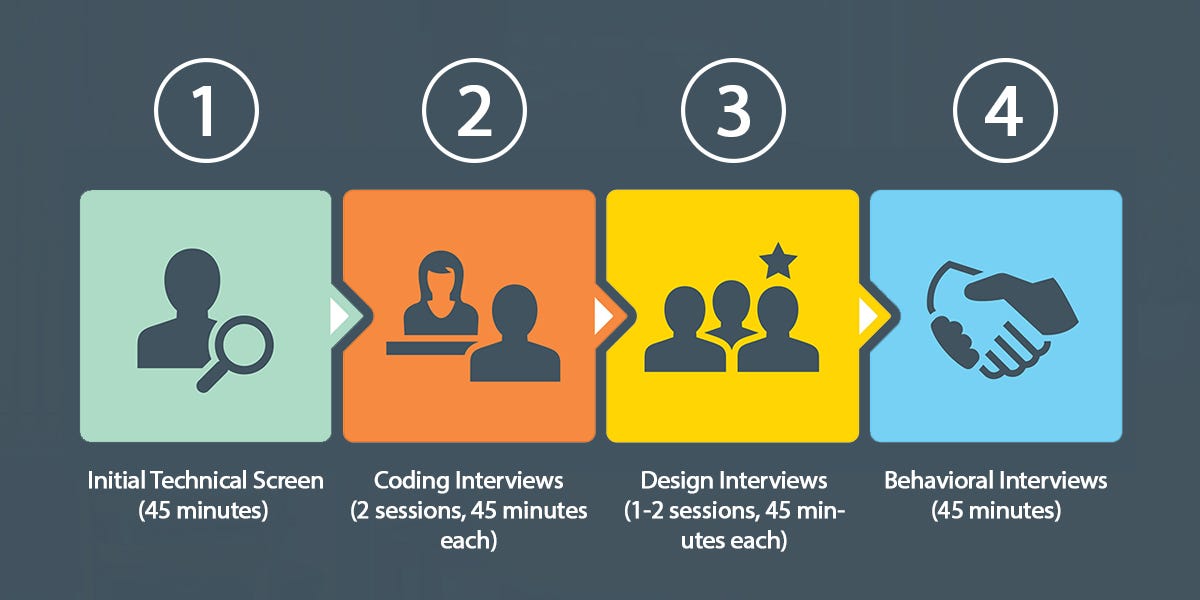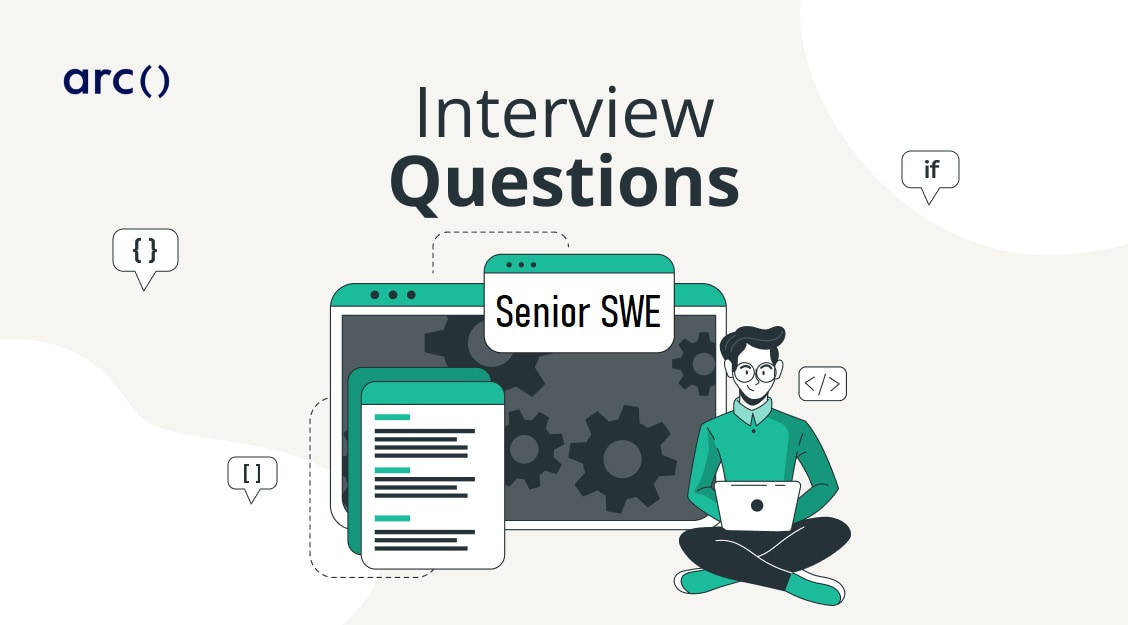All Categories
Featured
Table of Contents

[/image][=video]
[/video]
Provides a range of AI-based evaluations that mimic actual technological interviews. Exercise with buddies, peers, or via AI simulated meeting platforms to imitate meeting environments.
This aids recruiters follow your reasoning and examine your analytic approach. If a trouble statement is vague, ask making clear inquiries to ensure you understand the needs before diving right into the solution. Start with a brute-force solution if necessary, then review how you can enhance it. Interviewers intend to see that you can believe seriously about compromises in effectiveness.
How To Prepare For A Front-end Engineer Interview In 2025

Job interviewers want how you approach challenges, not just the final response. Send out a quick thank-you email to your job interviewers. Express your admiration and restate your interest in the role. After the interview, assess what went well and where you can improve. Keep in mind any kind of locations where you struggled so you can concentrate on them in your future prep.
If you didn't obtain the offer, request feedback to assist lead your additional prep work. The secret to success in software program engineering interviews depends on consistent and thorough prep work. By focusing on coding difficulties, system layout, behavioral concerns, and using AI simulated interview devices, you can efficiently mimic genuine meeting conditions and refine your abilities.

The objective of this post is to describe exactly how to prepare for Software application Engineering interviews. I will certainly provide an overview of the framework of the technology meetings, do a deep dive into the 3 kinds of interview concerns, and offer sources for mock meetings.
how would you create Twitter/Uber/Airbnb/ Facebook/Skype/etc, e.g. tell me about a time when you had to deal with a conflict For more details regarding the sorts of software application designer meeting questions, you can have a look at the list below resources: from: for: The sorts of technological questions that are asked during software application designer interviews depend primarily on the experience of the interviewee, as is displayed in the matrix below.
How To Master Leetcode For Software Engineer Interviews
The first step is to understand/refresh the essential ideas, e.g. linked lists, string handling, tree parsing, dynamic programs, etc.: This is a wonderful introductory publication Components of Programming Meetings: This publication goes right into much even more depth.

300-500) to prepare for the top modern companies. Likewise, recruiters usually select their questions from the LeetCode question data source. There are other similar systems (e.g. HackerRank), however my suggestion is to use LeetCode as your major website for coding practice. Here are some responses to the most typical inquiries about how to structure your prep work.
Use that. If the work summary describes a details language, then utilize that one. If you really feel comfortable with numerous languages or intend to discover a brand-new one, after that most interviewees use Python, Java, or C++. Fewer use C# or Javascript. Requires the least lines of code, which is very important, when you have time restraints.
Maintain notes for each trouble that you fix, so that you can describe them later on See to it that you understand the pattern that is used to fix each problem, rather of remembering an option. This method you'll be able to identify patterns in between teams of troubles (e.g. "This is a brand-new issue, but the algorithm looks similar to the other 15 related issues that I've addressed".
This listing has been created by LeetCode and is composed of very popular concerns. It also has a partial overlap with the previous checklist. Make sure that you finish with all the Tool troubles on that listing.
Interview Strategies For Entry-level Software Engineers

At a minimum, experiment the listings that consist of the top 50 questions for Google and Facebook. Remember that a lot of Easy issues are too simple for an interview, whereas the Difficult issues might not be understandable within the meeting slot (45 minutes generally). It's very crucial to focus many of your time on Medium issues.
If you recognize a location, that seems harder than others, you need to take some time to dive much deeper by reviewing books/tutorials, checking out video clips, etc in order to understand the ideas better. Exercise with the simulated meeting collections. They have a time restriction and avoid accessibility to the online forum, so they are much more tailored to an actual meeting.
Your first objective must be to recognize what the system style meeting has to do with, i.e. what types of inquiries are asked, just how to structure your answer, and how deep you should go in your solution. After undergoing a few of the above instances, you have possibly listened to lots of new terms and technologies that you are not so knowledgeable about.
My suggestion is to start with the following videos that offer an of exactly how to design scalable systems. If you like to read books, after that have a look at My Handpicked Listing With The Most Effective Books On System Layout. The adhering to sites have a sample list of that you need to recognize with: Ultimately, if have sufficient time and truly wish to dive deep into system style, after that you can check out around a lot more at the list below sources: The High Scalability blog has a series of articles labelled The real world Styles that explain how some popular web sites were architected The publication "Designing Data-Intensive Applications" by Martin Klepmann is the very best book regarding system layout The "Amazon's Builder Collection" discusses just how Amazon has actually developed their own architecture If you wish to dive deeper into just how existing systems are built, you can additionally read the released documents on GFS, Dynamo, Haystack, Cassandra, Bigtable, Raft, Paxos, Chubby, Zookeeper, Spanner, Haystack, Kafka, Azure Storage space, TAO by Facebook, Memcache The checklist of sources is unlimited, so see to it that you don't get lost trying to recognize every little information concerning every modern technology readily available.
Table of Contents
Latest Posts
Cracking The Mid-level Software Engineer Interview – Part I (Concepts & Frameworks)
Top Software Engineering Interview Questions And How To Answer Them
The Ultimate Guide To Preparing For An Ios Engineering Interview
More
Latest Posts
Cracking The Mid-level Software Engineer Interview – Part I (Concepts & Frameworks)
Top Software Engineering Interview Questions And How To Answer Them
The Ultimate Guide To Preparing For An Ios Engineering Interview